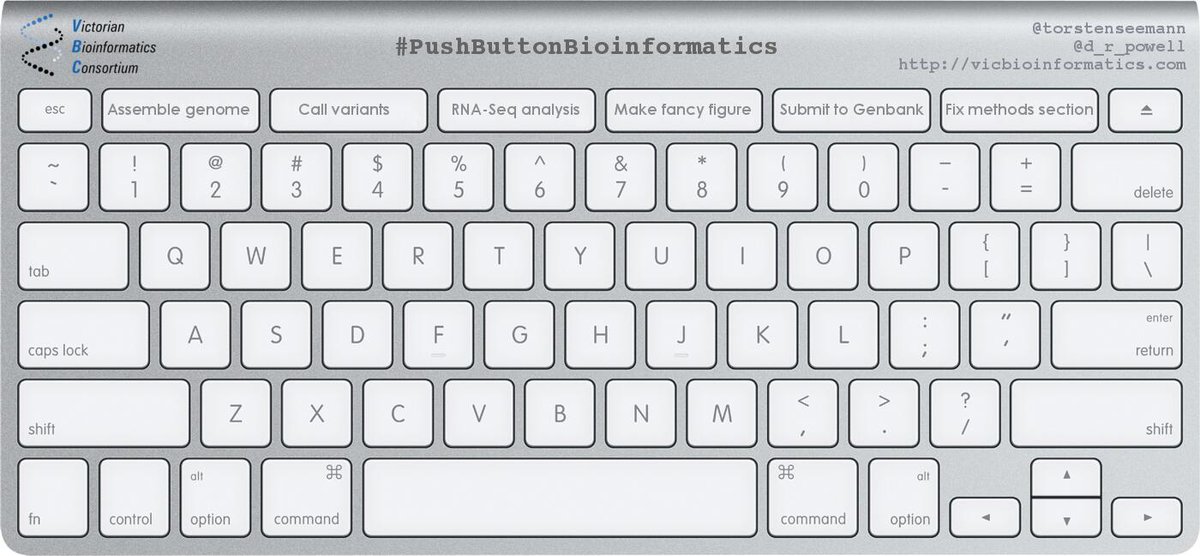
1/ If someone tells you that you can learn computation overnight, it is a lie. What I wish I had known 10 years ago with resource links👇🧵 #rstats #computationalbiology
2/ Spend time learning Linux commands. Fancy tools can become obsolete tomorrow, and Linux skills persist.
I started with this book linuxcommand.org/tlcl.php #unix
I started with this book linuxcommand.org/tlcl.php #unix
3/ Learn a language and learn it well. It does not matter if you pick R or python. If you can use it to solve your practical problems in the lab, that will be good. There is so much data wrangling to do, start with r4ds.had.co.nz #rstats
4/ Do not spend too much time choosing an IDE, you want something simple to get started. In my early days, I even tried Emacs speaks statistics which sucked my time to configure. If you use R, use Rstudio. If you use python, use spyder or pycharm. #rstats #python
5/ Exploratory data analysis is so important. make visualizations to check the data distribution, pattern, PCA to check sample swaps etc. arxiv.org/abs/2108.05182
read clauswilke.com/dataviz/
read clauswilke.com/dataviz/
6/ Teach what you learned to someone else. This is the best way for your to understand something well. I taught my first carpentry workshop only 2 years after I started to learn R and UNIX divingintogeneticsandgenomics.rbind.io/talk/2015-miam…
Join it as an instructor carpentries.org @thecarpentries
Join it as an instructor carpentries.org @thecarpentries
7/ take training courses. I attended ANGUS NGS course by @ctitusbrown in 2014 and went back as an instructor a few years later. Highly recommend it ivory.idyll.org/dibsi/ANGUS.ht…
8/ I also attended Summer Institute in Statistics for Big Data (SISBID) si.biostat.washington.edu/about/sisbid
9/ spend one hour each day to study online with edx, cousera or audacity.
Two courses I recommend:
edx.org/professional-c…
edx.org/professional-c…
Two courses I recommend:
edx.org/professional-c…
edx.org/professional-c…
10/ Learn by doing. Take a project in which you can use your skill sets. With determination and discipline, you can learn anything! yeah, it takes time, but you should take action NOW!
That's a wrap!
If you enjoyed this thread:
1. Follow me @tangming2005 for more of these
2. RT the tweet below to share this thread with your audience
3. Grab my book to start the transformation divingintogeneticsandgenomics.ck.page/products/cell-…
If you enjoyed this thread:
1. Follow me @tangming2005 for more of these
2. RT the tweet below to share this thread with your audience
3. Grab my book to start the transformation divingintogeneticsandgenomics.ck.page/products/cell-…
https://twitter.com/433559451/status/1615000487023243265
• • •
Missing some Tweet in this thread? You can try to
force a refresh





